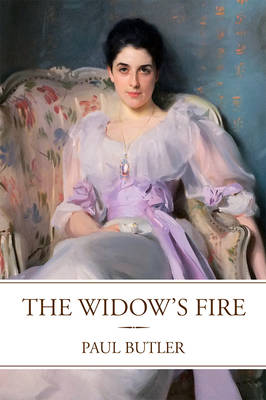
- Retrait gratuit dans votre magasin Club
- 7.000.000 titres dans notre catalogue
- Payer en toute sécurité
- Toujours un magasin près de chez vous
- Retrait gratuit dans votre magasin Club
- 7.000.000 titres dans notre catalogue
- Payer en toute sécurité
- Toujours un magasin près de chez vous
Description
The Widow's Fire explores the shadow side of Jane Austen's final novel Persuasion, disrupting its happy ending and throwing moral certainties off balance. We join the action close to the moment when Austen draws away for the last time and discretely gives an overview of the oncoming marriage between heroine Anne Elliot and Captain Wentworth. This, it transpires in The Widow's Fire, is merely the beginning of a journey. Soon dark undercurrents disturb the order and symmetry of Austen's world. The gothic flavor of the period, usually satirized by Austen, begins to assert itself. Characters far below the notice of Anne, a baronet's daughter, have agendas of their own. Before long, we enter into the realm of scandal and blackmail. Anne Elliot must come to recognize the subversive power of those who have been hitherto invisible to her -- servants, maids and attendants -- before she can defend her fiancé from an accusation too dreadful to be named. Captain Wentworth himself must learn the skills of living on land; the code of honour and secrecy which has protected him on deck no longer applies on the streets of Bath.
Spécifications
Parties prenantes
- Auteur(s) :
- Editeur:
Contenu
- Nombre de pages :
- 248
- Langue:
- Anglais
- Collection :
Caractéristiques
- EAN:
- 9781771334051
- Date de parution :
- 27-06-17
- Format:
- Livre broché
- Format numérique:
- Trade paperback (VS)
- Dimensions :
- 140 mm x 206 mm
- Poids :
- 204 g







